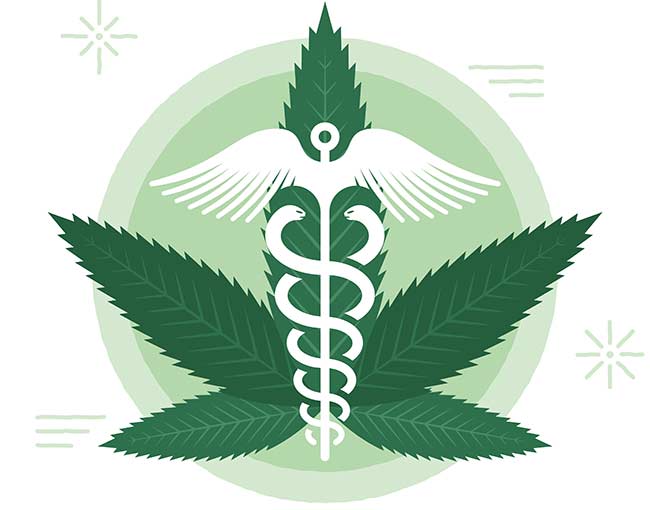On March 9, 2016, we reported on a new study finding an association between cannabis treatment for chronic pain and reductions in opioid consumption. Since that report, the Centers for Disease Control and Prevention have published a new guideline for prescribing opioid pain medication by primary care clinicians for chronic pain in outpatient settings for other than active cancer treatment, palliative care, and end-of-life care.
The new guideline provides that when prescribing opioids for chronic pain, clinicians should use urine drug testing before starting opioid therapy and consider urine drug testing at least annually to assess for prescribed medications as well as other controlled prescription drugs and illicit drugs. Importantly, the guideline can be read to exempt testing for THC:
Clinicians should not test for substances for which results would not affect patient management or for which implications for patient management are unclear. For example, experts noted that there might be uncertainty about the clinical implications of a positive urine drug test for tetrahyrdocannabinol (THC).
In addition to findings that cannabis treatment for chronic pain may be associated with reduced opioid use, at least one recent study indicates that laws legalizing medical cannabis are associated with lower state-level rates of death due to opioid overdose.
Carl Rowley is co-chair of Thompson Coburn’s Consumer Products Litigation Practice and co-chairs the firm’s Mass Tort Practice. He can be reached at (314) 552-6100 or crowley@thompsoncoburn.com.
















